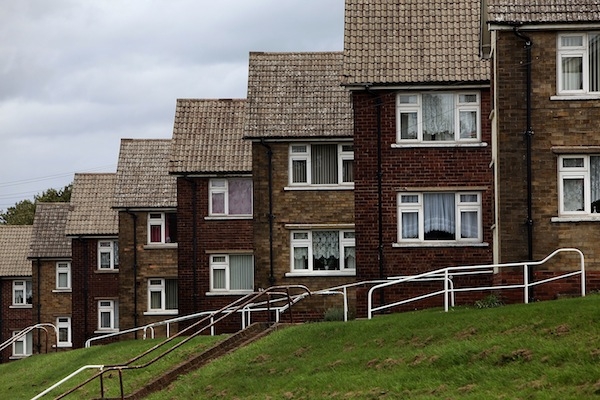Over the past year you may have heard about a ‘war’ being waged against the buy-to-let market. This could not be further from the truth – a war requires both sides to fight.
Instead, at a time when politicians and regulators are pointing their swords at buy-to-let, banks are using theirs to hack away at their prices in a desperate attempt to keep a wounded market alive.
The three months to 1 April saw a mad rush of activity, with landlords desperate to avoid being clobbered by increased stamp duty rates. Unsurprisingly, mortgage brokers are reporting a 10-15 per cent drop in the number of loans since.
This has clearly panicked the banks and building societies as price cuts (to record-lows) are the go-to weapon of choice when sales are bad. While this may prop up the market in the short term, the truth of the matter is the buy-to-let sector is likely to stagnate and even shrink in the long term.
A damaging double-whammy is on the horizon, with a gradual reduction of interest rate relief on the way and banking regulator the Prudential Regulation Authority (PRA) looking to force tougher lending standards on the sector.
On the face of it both of these policies seem sensible. Few would argue against the PRA’s intention of stamping out risky lending practices and it may seem perverse that landlords are getting tax breaks to, in effect, make themselves wealthier.
But there is a deeper issue at play here and there will be just one section of society that will suffer from this attack on the landlords: private tenants.
The government’s policy intention is clear – it wants to wrestle back housing stock from wealthy landlords so first-time buyers can get on the housing ladder. This is political short-termism in its purest form; a vote winner to disguise the fact that this administration lacks a clear, joined-up plan for housing. Of course, we have seen announcements on housing, but these simply play at the edges.
Similarly, the PRA’s intention is equally clear – it wants to safeguard the financial system by ensuring lenders’ risky loans do not send them to the wall. But a joint squeeze on the sector when it is unclear how the market will react to the recently announced stamp duty increase is madness.
What happens if private landlords decide to retreat en masse? There is an acute lack of social housing and, while it is now easier to get a mortgage than it was a few years ago, house prices have increased to such an extent that raising a deposit has become an impossible task for some. Moreover, some people simply do not want to own their own home given the flexibility renting offers.
For the time being it seems that landlords are willing to sit by and watch how things unfold. But things could get very painful for millions of tenants up and down the country should renewed attacks force landlords to find new homes for their money.
Paul Thomas is Editor of Mortgage Strategy






Comments